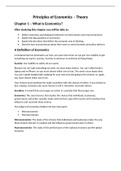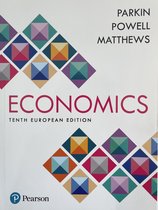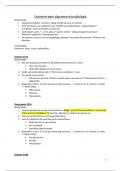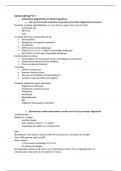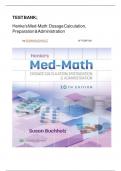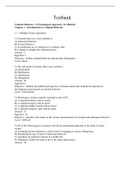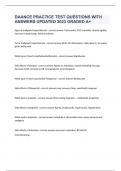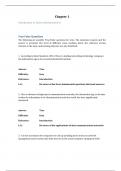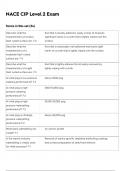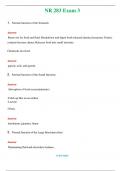Samenvatting
Volledige samenvatting van de benodigde stof voor het 1ejaars AMSIB Principles of Economics eindtentamen
Dit document bevat de complete samenvatting voor het Principles of Economics eindexamen wat afgenomen wordt in het 2e semester op AMSIB, HvA. De hoofdstukken 1, 3, 5, 6, 10, 11, 12, 13, 14, 15, 16 van het boek Economics Tenth European Edition geschreven door Parkin, Powell en Matthews worden behand...
[Meer zien]
